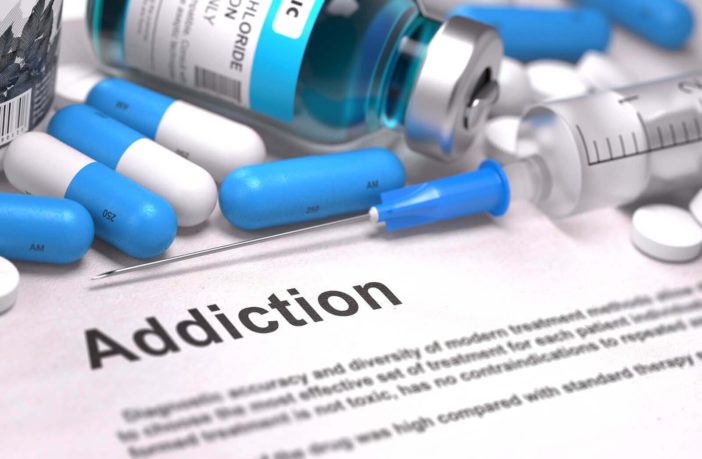The term ‘Euphoria’ implies an overwhelming and intense feeling of happiness, joy and excitement which can typically last for a couple of hours and can be more than reasonable sometimes.
Such feelings tend to be induced by many different types of stimuli ranging from aerobic exercises, listening to emotional music, laughter, recreational and psychoactive drugs, and so many others.
In addition, certain psychological and neurological conditions like Mania and Schizophrenia can also cause unreasonable feeling of Euphoria.
Any drug that causes a feeling of Euphoria is called ‘Euphoriant’. These types of psychoactive drugs are addictive because of their ability to activate the brain’s reward system. They make users feel very happy, excited and relaxed.
Drugs categories like stimulants, central depressants, and opioids are particularly known to induce the feeling of Euphoria. Continuous use of such drugs make users to develop tolerance to the drugs.
As tolerance builds, users begin to experience a lower level of excitement and therefore, feel the need to keep increasing their doses in other to achieve the same level, or even a much higher level of ecstasy.
Illegal opioids drugs such as heroin are highly addictive as they interact with the brain’s dopamine system and also bind receptors in the brain and other parts of the body to trick the brain into believing that a person is not in pain.
In other words, it effectively eases pain by slowing down the body’s neurological responses, creating a feeling of ecstasy, excitement and joy which only lasts for a couple of hours.
Heroin abuse is known to cause serious health problems such as weakened immune system, slower heart rate, clogged blood vessels, and sometimes choking which can lead to untimely death of the individual.
Sometimes, even prescription opiates like codeine which are legal for medical purposes are also misused in other to achieve that Euphoric feeling and this can gradually leads to addiction.
The problem with prescription opiates is that, it creates a similar mental effects on the brain just like heroin. The users’ tolerance level keeps on increasing with every use thereby making it difficult to achieve a satisfactory high feeling.
This makes abusers to continue increasing their doses leading to a serious and dangerous effects on the body. Even when health issues arises, they may feel the urge and desire to keep using such drugs.
Although addiction is something difficult to deal with, there are treatment options available for people who go through this battle. Depending on the drug specifically, treatments options often includes; detoxification, counseling, attending support groups, and medications to manage withdrawal symptoms.
However, proper medical supervision and support are necessary for any person dealing with addiction in other to fully overcome this dangerous habit.




